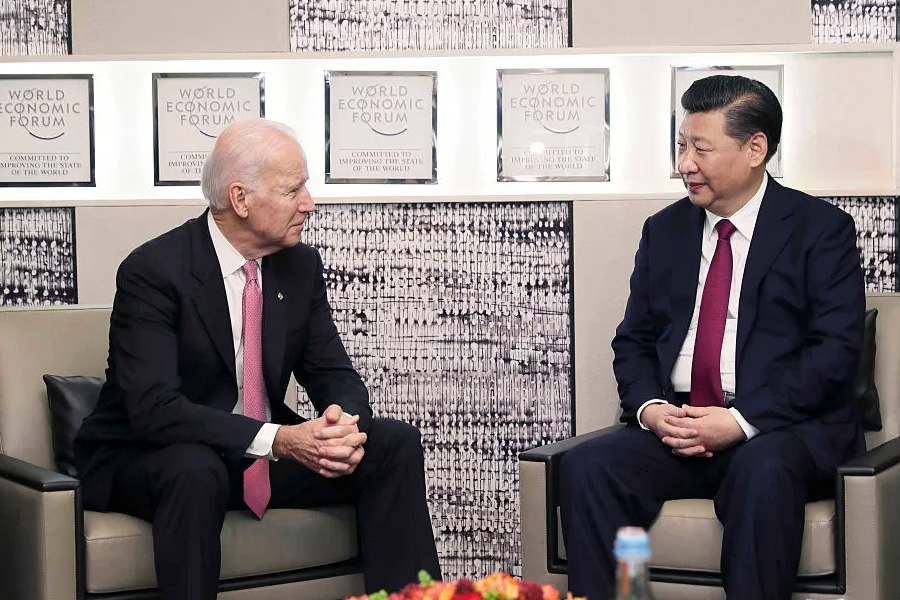
It has become important for the Anglosphere to maintain a working relationship with China not just due to economic imperatives but also in the context of important global issues.
Author
Tridivesh Singh Maini, Assistant Professor, Jindal School of International Affairs, O.P. Jindal Global University, Sonipat, Haryana, India.
Summary
In a recent interview, UK Foreign Secretary David Cameron highlighted the importance of engagement with China. He pointed to the fact that several global issues – such as climate change – can only be resolved via engagement. Cameron flagged the point that China had become far more aggressive than it was during his stint as PM: “China has become much more aggressive, much more assertive, over the Uighurs, over Hong Kong, the ‘wolf warrior’ diplomacy.”
Cameron defended his policies as PM, saying that engagement with China was driven by UK’s economic interests. It would be pertinent to point out that UK-China ties had grown steadily during Cameron’s stint as PM having said that UK-China ties were in the golden age. It would be pertinent to point out that Cameron has been drawing flak from within his own conservative party for his proximity to China. While western nations have been critical of the Belt and Road Initiative (BRI), Cameron has praised BRI related projects.
Timing of Cameron’s remarks
The UK Foreign Secretary’s remarks come days after the meeting between US President, Joe Biden and Chinese President Xi Jinping, on the sidelines of APEC (Asia-Pacific Economic Cooperation), at San Fransisco (USA). While differences over key issues persisted, both sides alluded to the revival of the military dialogue and the hotline between both leaders. Biden after the meeting said that both he and the Chinese President had agreed to revive high level communications: “He and I agreed that each one of us can pick up the phone call directly and we’ll be heard immediately.”
Published in: DNA
To read the full article, please click here.

